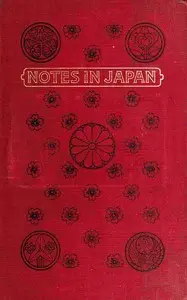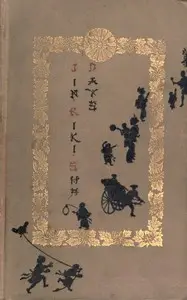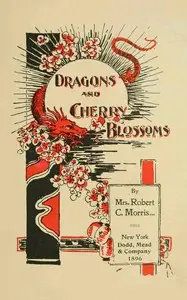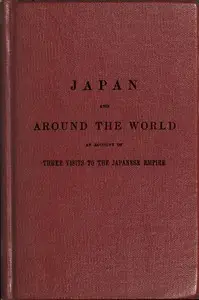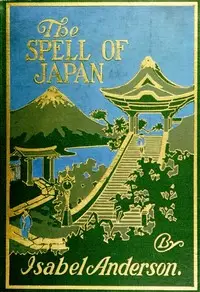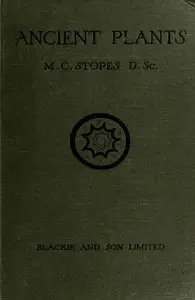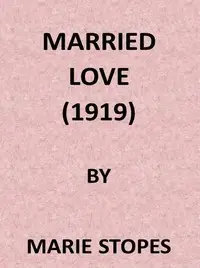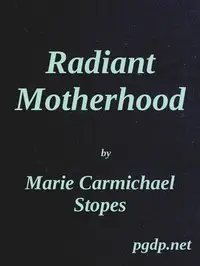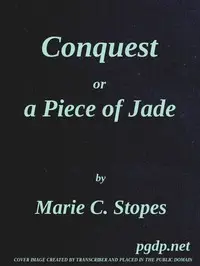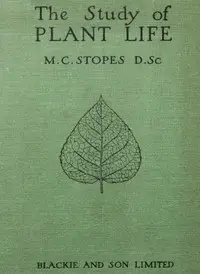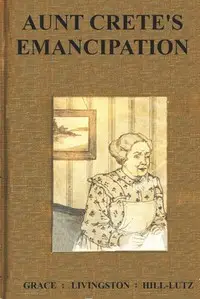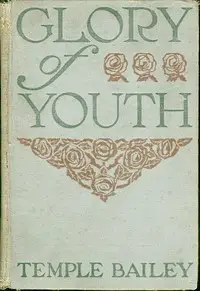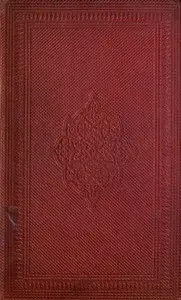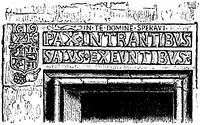"A Journal from Japan: A Daily Record of Life as Seen by a Scientist" by Marie Carmichael Stopes is a firsthand account of a female scientist's journey to Japan in the early 1900s, blending personal experiences with scientific exploration. The journal begins with the author's reasons for documenting her adventure, emphasizing the importance of preserving initial reactions. Set against the backdrop of a rapidly changing Japan, she plans on collecting fossils of Coal. The narrative unfolds with rich details of Tokyo, highlighting the blend of familiar (Venice-like waterways) and foreign (unique customs) that shaped her perspective. By mixing self-reflection with observations on local life and landscapes, the journal invites readers to see Japan through the eyes of a scientist navigating a new world.
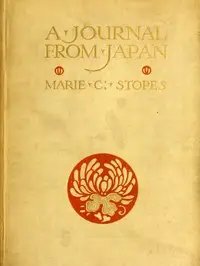
A Journal from Japan: A Daily Record of Life as Seen by a Scientist
By Marie Carmichael Stopes
Venture into early 20th-century Japan through the eyes of a determined female scientist who balances cultural immersion with the pursuit of scientific discovery.
Summary
About the AuthorMarie Charlotte Carmichael Stopes was a British author, palaeobotanist and campaigner for eugenics and women's rights. She made significant contributions to plant paleontology and coal classification, and was the first female academic on the faculty of the University of Manchester. With her second husband, Humphrey Verdon Roe, Stopes founded the first birth control clinic in Britain. Stopes edited the newsletter Birth Control News, which gave explicit practical advice. Her sex manual Married Love (1918) was controversial and influential, and brought the subject of birth control into wide public discourse. Stopes publicly opposed abortion, arguing that the prevention of conception was all that was needed, though her actions in private were at odds with her public pronouncements.
Marie Charlotte Carmichael Stopes was a British author, palaeobotanist and campaigner for eugenics and women's rights. She made significant contributions to plant paleontology and coal classification, and was the first female academic on the faculty of the University of Manchester. With her second husband, Humphrey Verdon Roe, Stopes founded the first birth control clinic in Britain. Stopes edited the newsletter Birth Control News, which gave explicit practical advice. Her sex manual Married Love (1918) was controversial and influential, and brought the subject of birth control into wide public discourse. Stopes publicly opposed abortion, arguing that the prevention of conception was all that was needed, though her actions in private were at odds with her public pronouncements.

